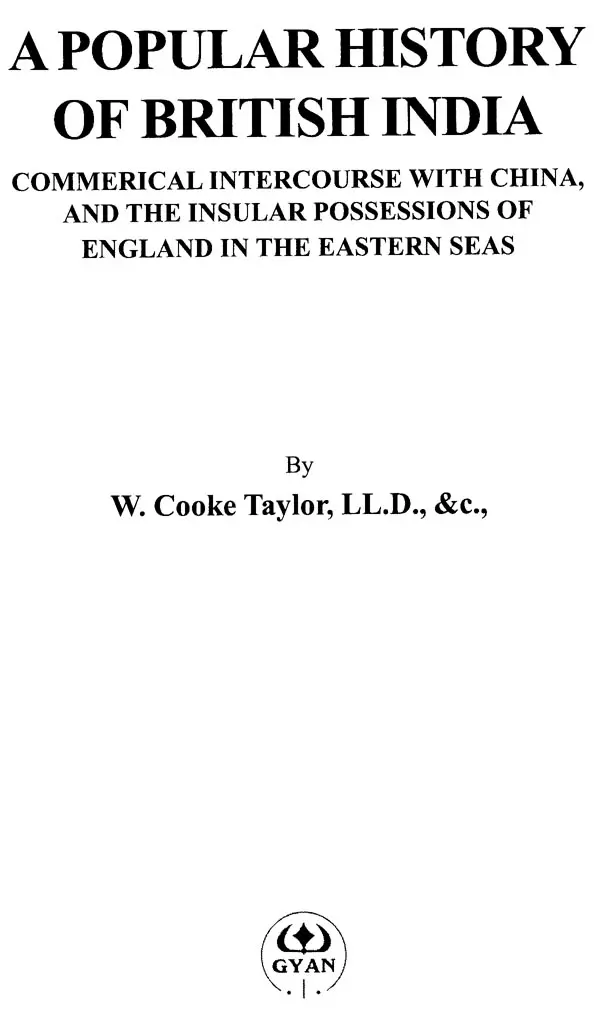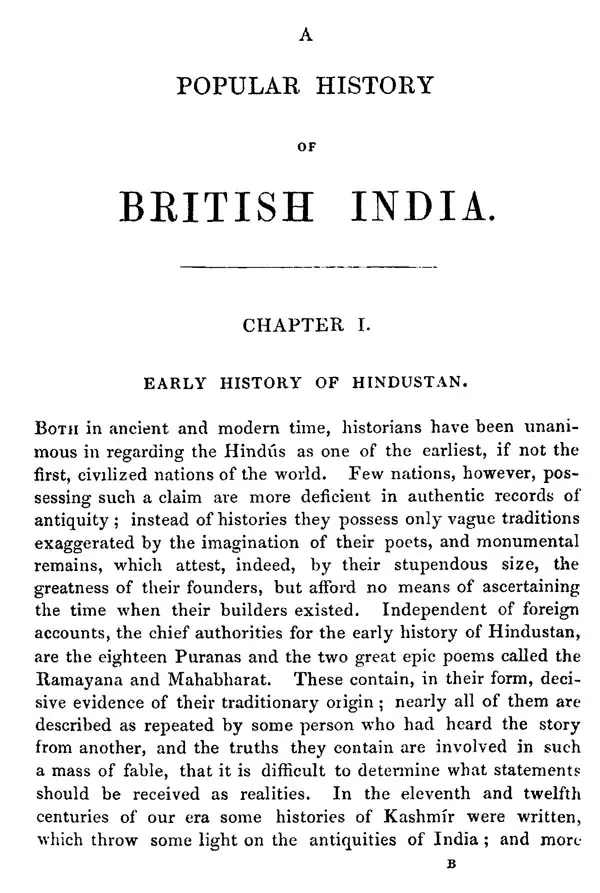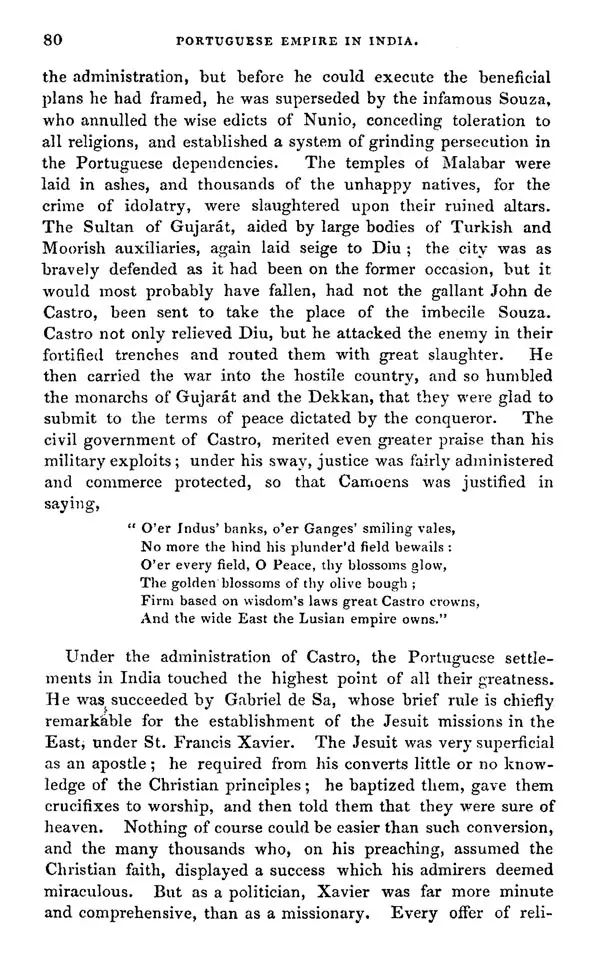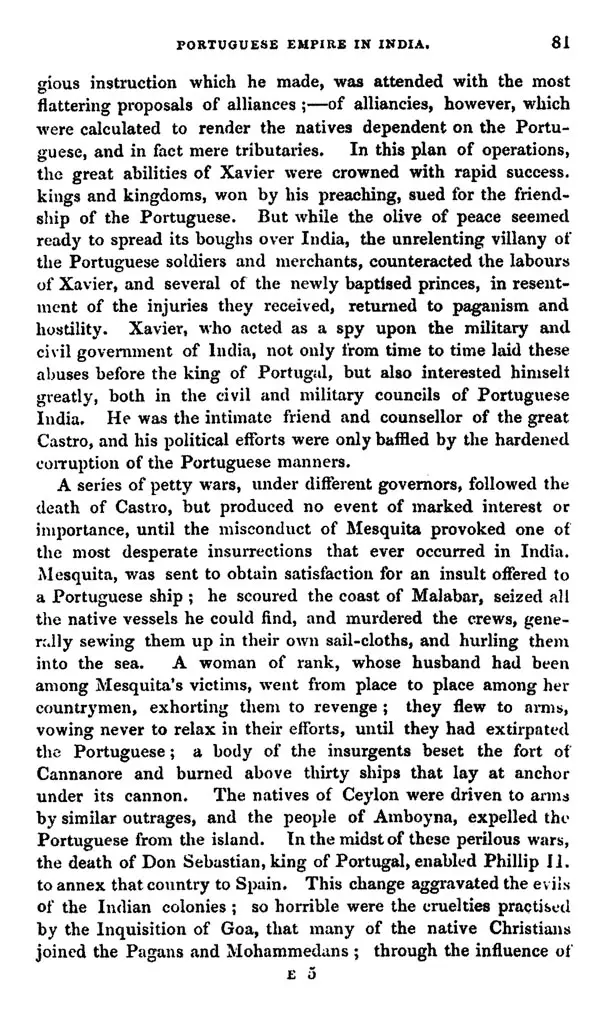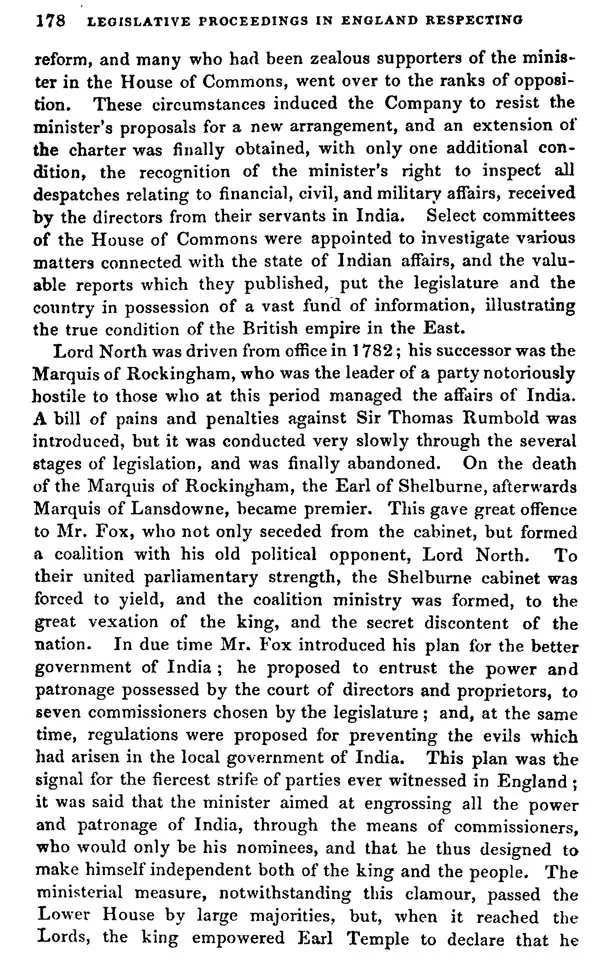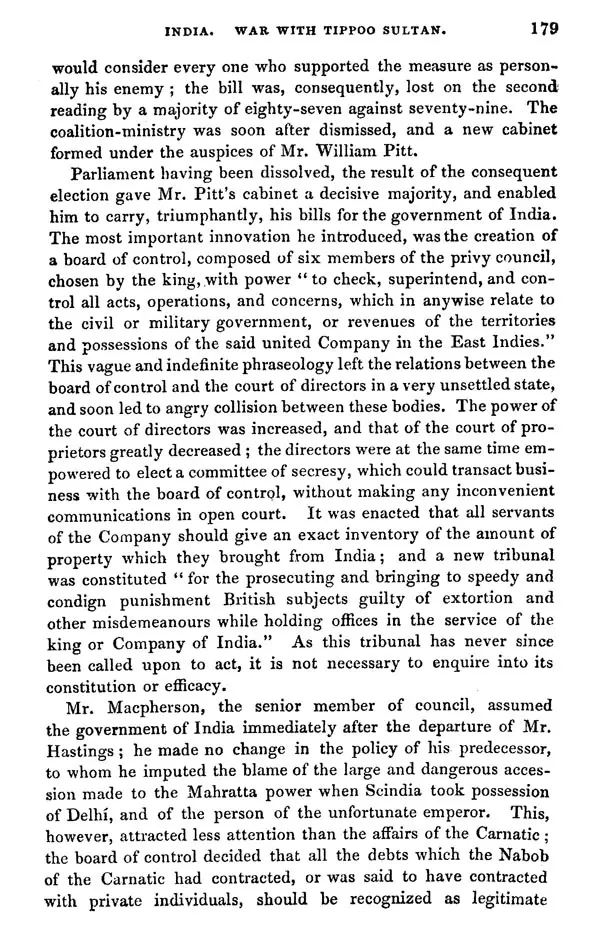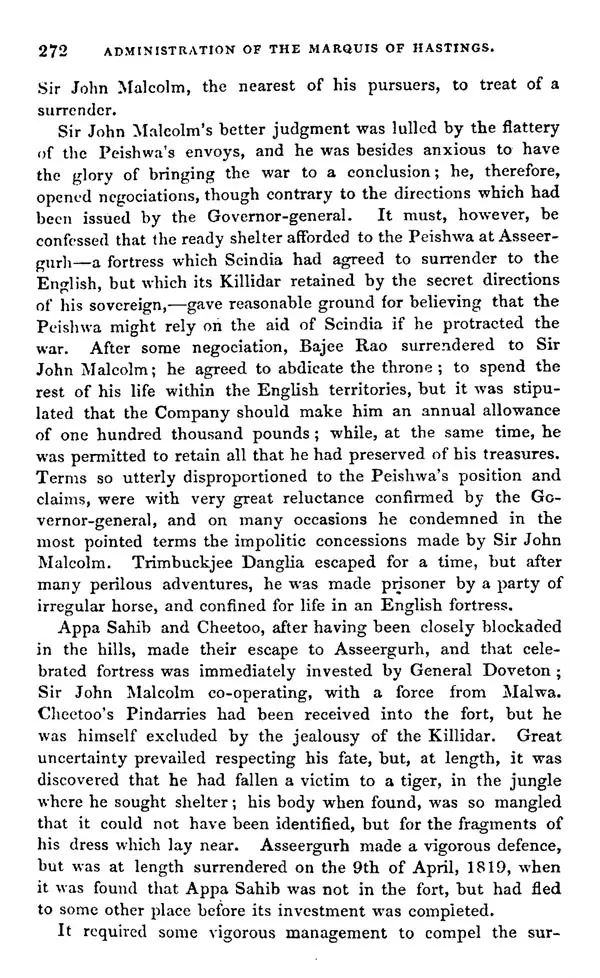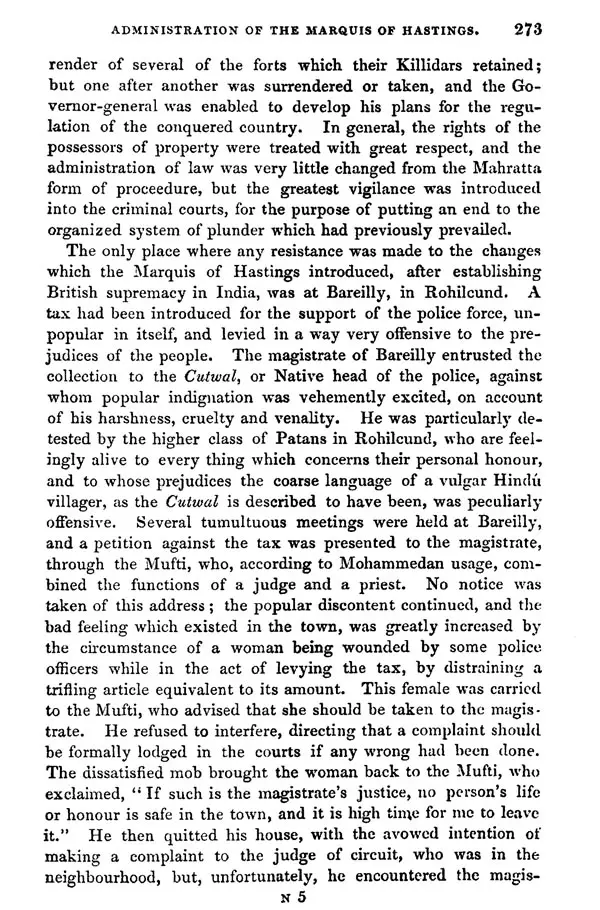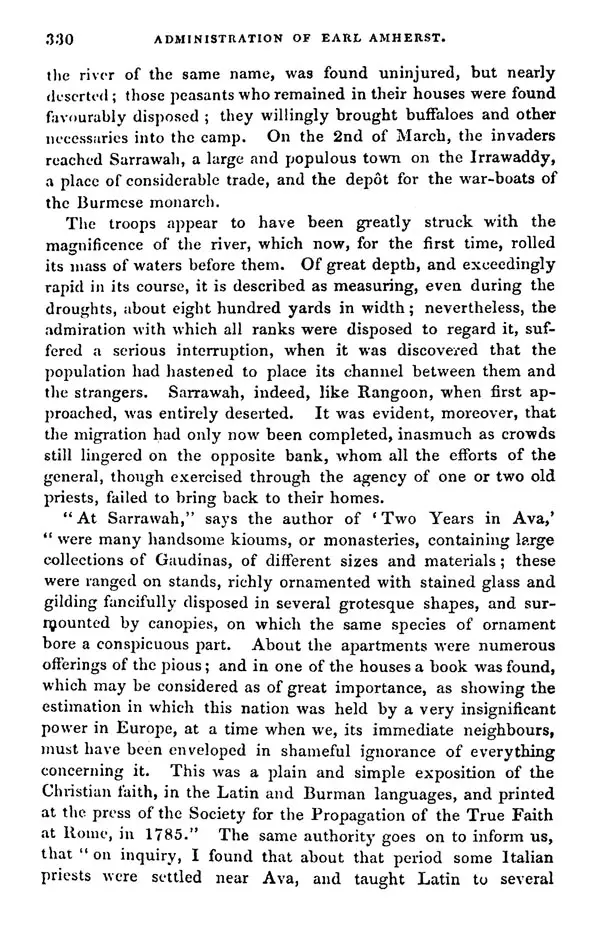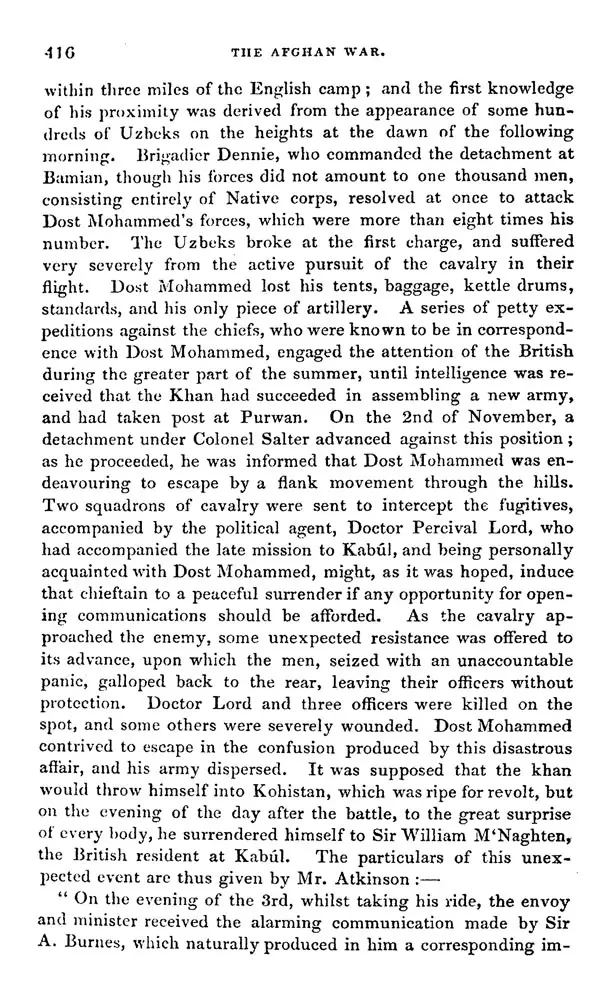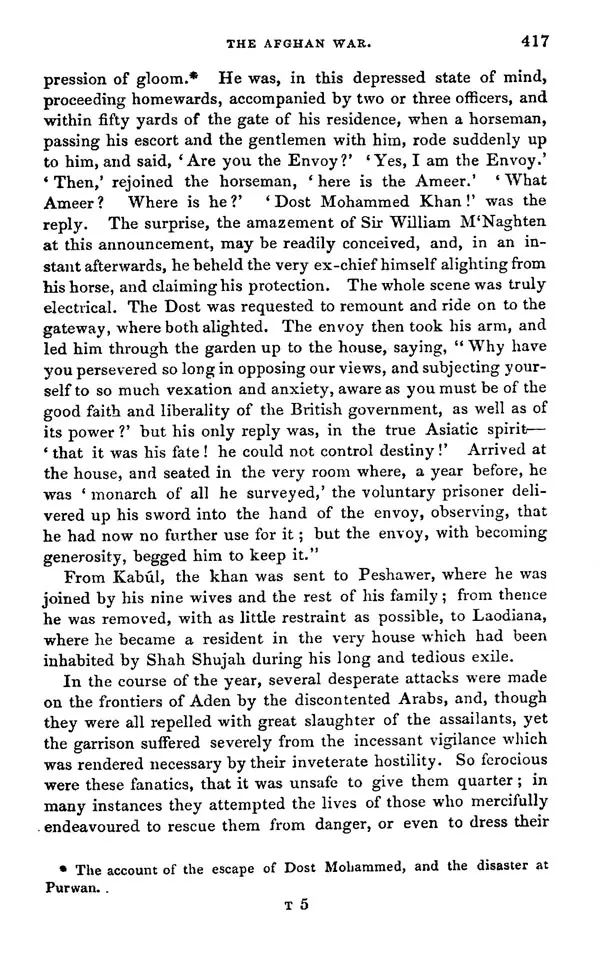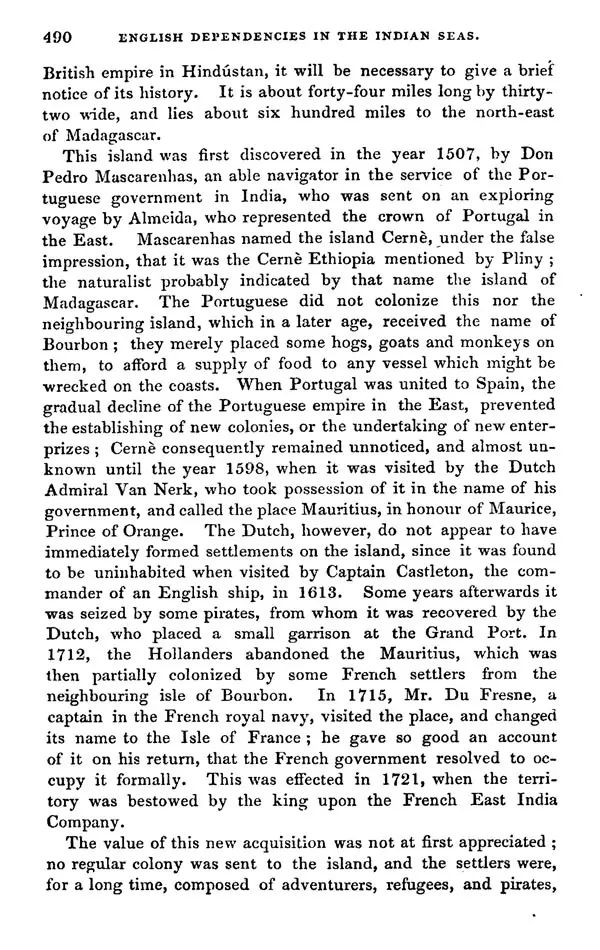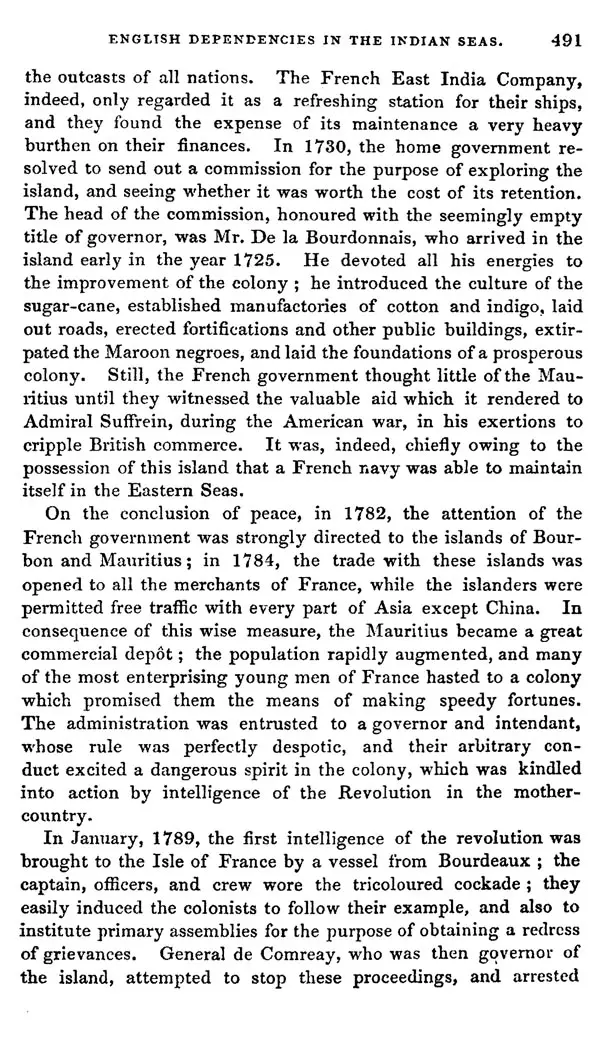About the Book The object of this compilation is sufficiently explained by the title; India has now become so important to England that a convenient manual of its History must be desirable, if not necessary, to all who take an interest in the prosperity of their country. It has been the Author's aim to give a simple narrative of facts, derived from the best authorities, without introducing any opinions of his own, but leaving his Readers to form their own reflections and deduce their own conclusions. It is probable that this necessity of conceding to popular usage, may have led to some inconsistencies in the orthography used in this Work, but it is believed that there are none of any amount to create difficulty to the reader. An account of British intercourse with China has been subjoined, because that trade was, until lately, connected with the government of India, and must continue to exercise a great influence on the Asiatic relations of this country.
About the Author William Cooke Taylor (1800-1849) was an Irish writer, known as a journalist, historian and Anti-Corn Law propagandist. He is best known for two works The Natural History of Society (1841) and Factories and the Factory System (1844). In the early 1840s he toured the northern English industrial centres and wrote considerably for the Anti-Corn Law League and his observations of the factories of Manchester and Bolton provide a firsthand account of the depression at that time. In 1843 he became the editor of Anti-Corn Law's The League. He was extremely hostile to chartism and his defence of child labour in factories (on the grounds that it was preferable to starvation) attracted much hostile criticism. He was educated at Trinity College, Dublin and gained a BA in 1825 and an LL.D in 1835. In 1829 he moved to London and began to contribute regularly to journals such as the Athenaeum of which he was deputy editor, Bentley's Miscellany and The Art Journal.
Preface Tux object of this compilation is sufficiently explained by the title; India has now become so important to England, that a convenient manual of its History must be desirable, if not necessary, to all who take an interest in the prosperity of their country. It has been the Author's aim to give a simple narrative of facts, derived from the best authorities, without introducing any opinions of his own, but leaving his Readers to form their own reflections and deduce their own conclusions.
Book's Contents and Sample Pages
